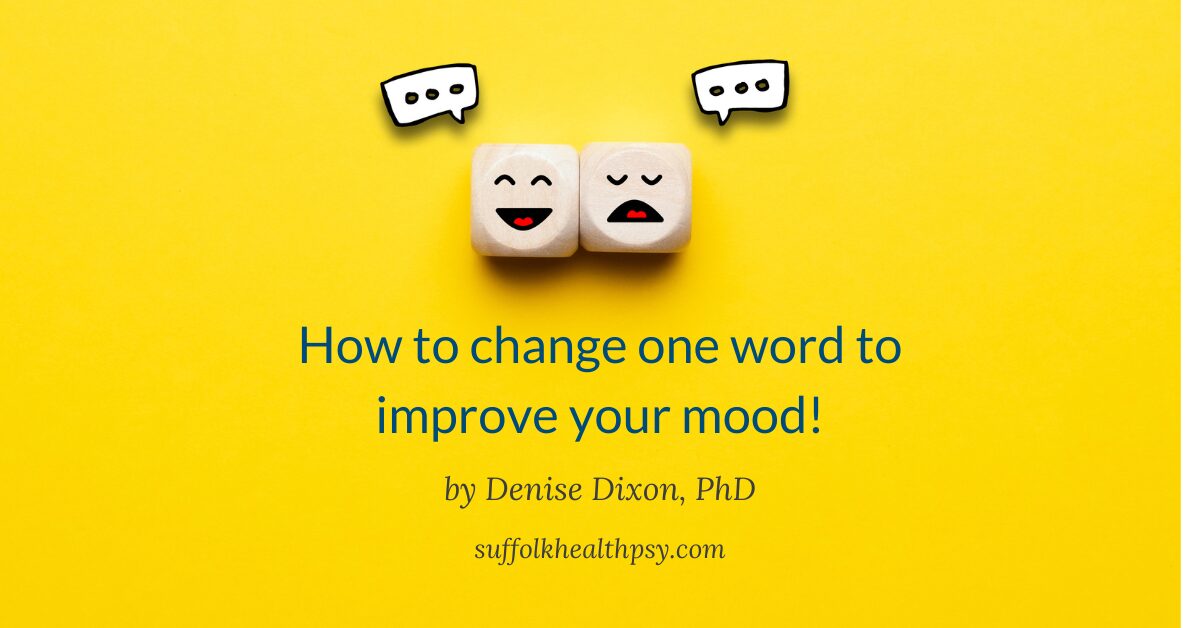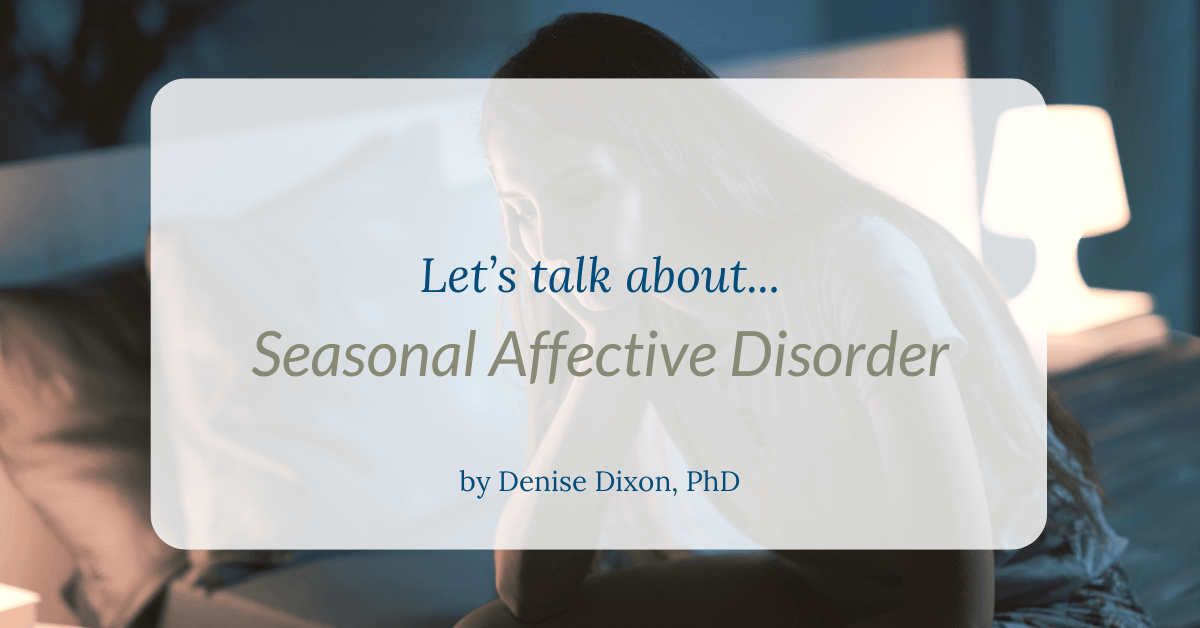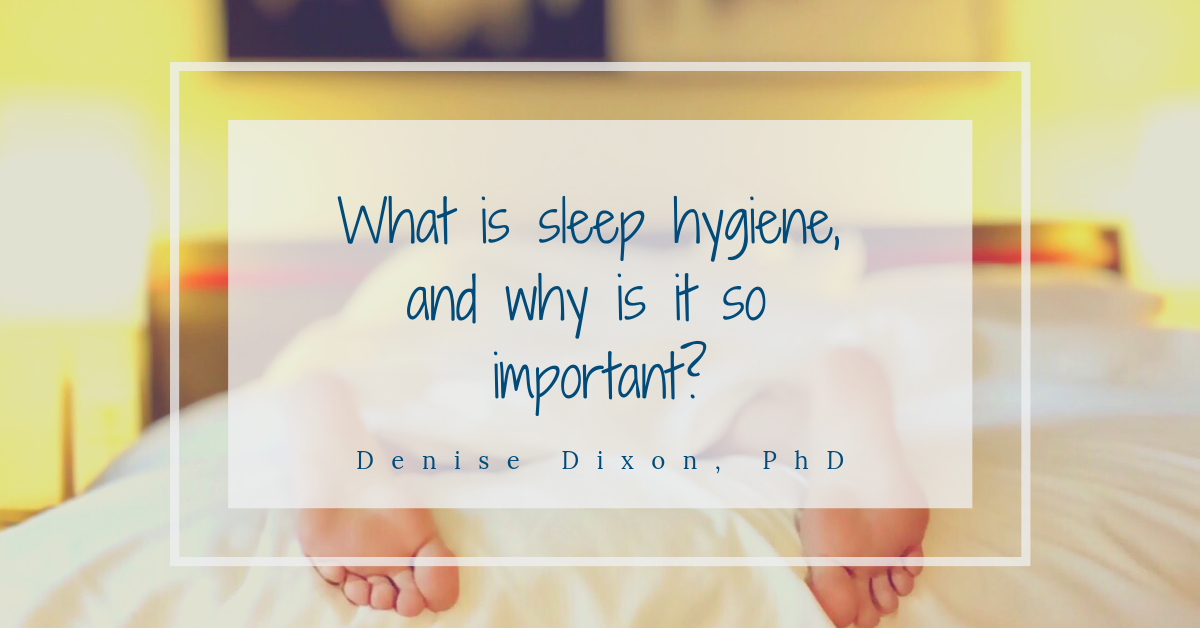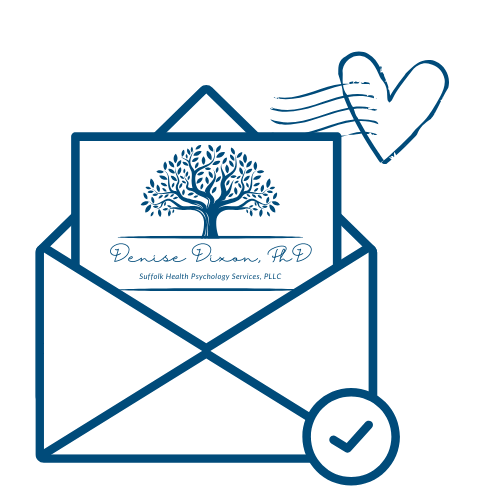Exploring Gender Differences in Sleep Patterns
The Interplay Between Gender differences and Sleep Patterns
Explore how hormonal fluctuations impact sleep quality and overall well-being, with a focus on women’s health across different life stages.
Sleep patterns
gender differences
sleep solutions
Hormonal Changes and Sleep Quality
The Impact of Hormones on Women's Sleep
Throughout various life stages, from menstruation to menopause, hormonal fluctuations pose distinct challenges to women’s sleep quality. Changes in menstrual cycles, pregnancy, and menopause can lead to irregular sleep patterns and a decline in overall sleep health.
During menstruation, lower levels of progesterone and estrogen may make it more difficult to fall asleep. As the body enters the follicular phase and prepares to release an egg, these hormone levels rise, sometimes causing increased sleepiness for some women. Once the egg is released, hormone levels peak, facilitating easier sleep during the luteal phase as the body gears up for potential pregnancy. However, as the cycle concludes, hormone levels drop sharply, which can trigger uncomfortable PMS symptoms that disrupt sleep. Recognizing and understanding these hormonal changes is essential for developing targeted strategies to enhance sleep quality.
During perimenopause, many women face heightened irritability and disrupted sleep caused by hot flashes and night sweats associated with hormonal fluctuations. National surveys indicate these symptoms can result in obtaining less than seven hours of sleep. After menopause, women often report feeling less well rested, more fatigued, and issues like sleep apnea and restless leg syndrome tend to rise in prevalence.

Percentage of Women sleeping less than 7 hours per night
%
Pre-menopausal women
%
Peri-menopausal women
%
Post-menopausal women
the science of sleep
gender-specific Sleep Patterns
While it is often said that women tend to sleep slightly longer than men, they generally experience poorer sleep quality. The necessity for sleep is significantly higher during our younger years, with both boys and girls requiring similar amounts until they reach puberty. Following this stage, girls commonly report getting less sleep and experiencing more disturbances throughout the night. Research indicates that changes in sleep patterns for boys occur more gradually and start at a later age, which aligns with the fact that girls typically mature earlier than boys. Infants require around 12 to 15 hours of sleep, which then decreases steadily to 10 to 13 hours for children aged three to five, 8 to 10 hours for teenagers, and adults generally need between 7 to 9 hours.
Men and women exhibit distinct sleep patterns, influenced by both biological and hormonal factors. Women’s sleep architecture allows them to fall asleep faster and spend more time in deep, restorative sleep stages. In contrast, men experience longer periods of REM sleep, which aids in memory consolidation and learning.
Additionally, women tend to have an earlier release of melatonin and are more sensitive to nighttime disturbances, making their sleep more susceptible to disruption. These differences highlight the need for tailored approaches to address sleep issues across genders, ensuring both men and women achieve optimal sleep health.
SLEEP DEPRIVATION AND HEALTH RISKS
THE CONSEQUENCES OF INSUFFICIENT SLEEP
Insufficient sleep can lead to a range of problems that impact everyone, causing irritability and hindering both creativity and decision-making abilities. Many of us have felt the effects of fatigue, leading to difficulties with focus and concentration. Moreover, drowsiness increases the risk of accidents, including falls, fractures, and car-related incidents.
Sleep plays a crucial role in regulating hormones that control hunger; leptin, which signals fullness, declines in the absence of adequate rest, while ghrelin, the hormone that stimulates appetite, rises. This hormonal imbalance may contribute to late-night snacking and weight gain. Furthermore, a lack of sleep is linked to insulin resistance, which can increase the risk of developing diabetes and obesity. This creates a troubling cycle, as additional weight and age can heighten the likelihood of sleep apnea and arthritis, with the associated pain further complicating the ability to achieve restful sleep.
Understanding Gender Differences in Sleep Disorders
The Impact of Sleep Disorders on Men and Women
In women, sleep disturbances related to hormonal changes are often linked to heightened symptoms of anxiety and depression, excessive daytime sleepiness, challenges with concentration, memory issues, and increased difficulty sleeping at night. As mentioned, men may face more pronounced breathing-related problems during sleep, such as snoring and obstructive sleep apnea, which can raise the risk of heart disease. Recognizing these gender-specific symptoms is crucial for developing effective management strategies for sleep disorders.
The Health Risks of Sleep Deprivation
Why Lack of Sleep is More Dangerous for Women
Effective Strategies for Better Sleep
Improving sleep quality involves adopting healthy lifestyle habits and optimizing the sleep environment. Establishing a consistent sleep schedule by waking up at the same time every day can regulate your body’s internal clock. Exposure to natural light in the morning helps reinforce this rhythm, promoting better sleep at night.
Creating a calming bedtime routine is essential for winding down. Avoiding screens and blue light before bed can prevent disruptions to your sleep cycle. Consider using calming apps like Calm or Headspace to facilitate relaxation. Additionally, maintaining a cool bedroom temperature and using breathable bedding can enhance comfort and support restful sleep.
Transform Your Sleep, Transform Your Life
Don’t let poor sleep hold you back from living your best life. Prioritize your sleep health by taking proactive steps towards better rest. Consider scheduling a consultation to receive personalized guidance tailored to your unique needs. Dr. Dixon is here to support you in creating a sleep plan that works for you, ensuring you wake up refreshed and ready to tackle the day. Reach out now to start your journey towards improved sleep and enhanced well-being.


















